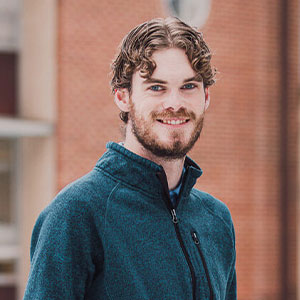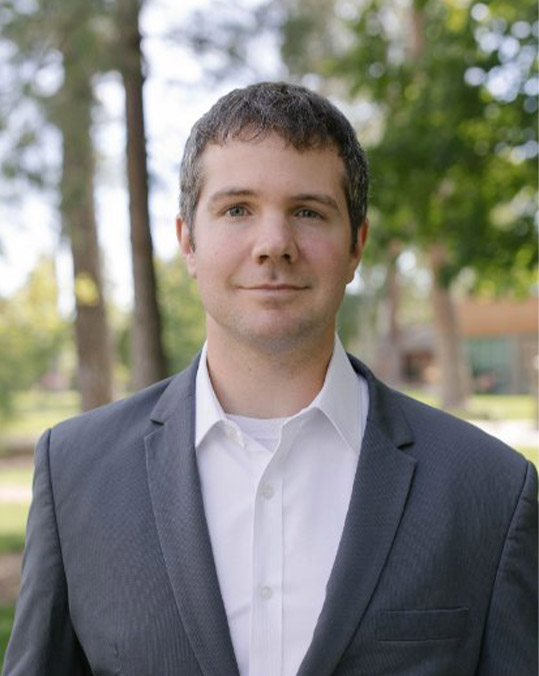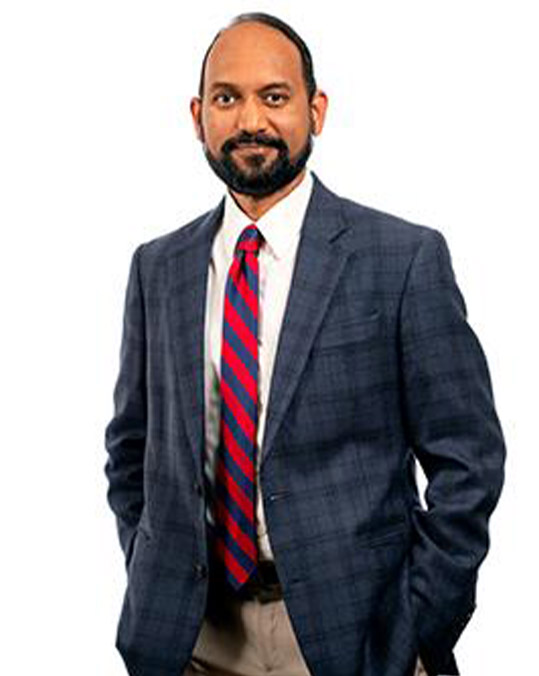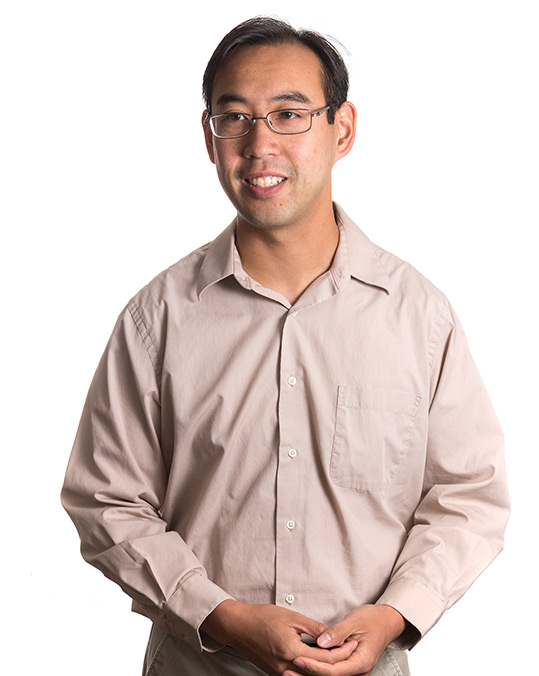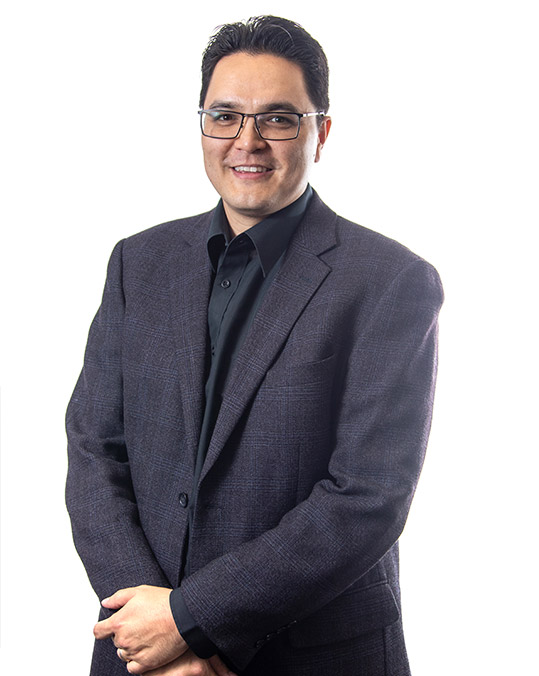Engineering, B.S.
 Engineers apply science and technology to make a functioning society possible. As a Whitworth engineering major, you will become prepared to create engineering solutions for humanity. Accredited by the Engineering Accreditation Commission of ABET, our interdisciplinary program will provide you a strong grounding in the physics, math and computational skills necessary for engineering analysis, and equip you with the foundational knowledge in electrical, mechanical and materials aspects of engineering on which all emerging technologies are built. You will learn to consider the impacts of these solutions in global, economic, environmental and societal contexts as informed by a Christian perspective.
Engineers apply science and technology to make a functioning society possible. As a Whitworth engineering major, you will become prepared to create engineering solutions for humanity. Accredited by the Engineering Accreditation Commission of ABET, our interdisciplinary program will provide you a strong grounding in the physics, math and computational skills necessary for engineering analysis, and equip you with the foundational knowledge in electrical, mechanical and materials aspects of engineering on which all emerging technologies are built. You will learn to consider the impacts of these solutions in global, economic, environmental and societal contexts as informed by a Christian perspective.
